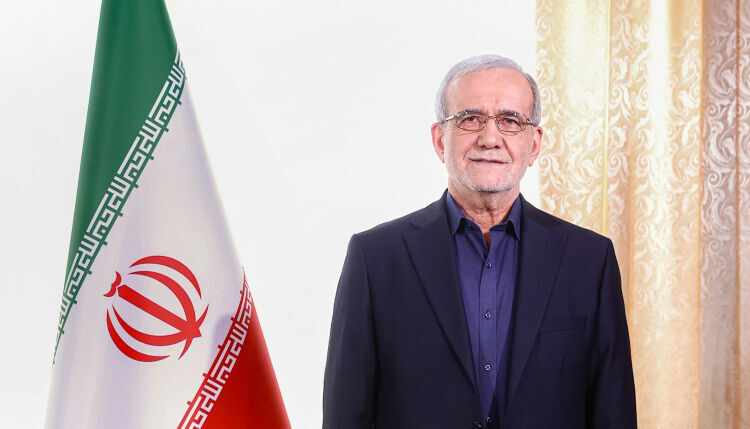
Similar Posts
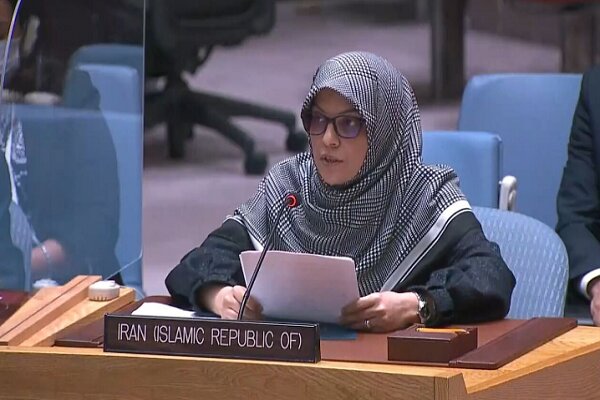
Iranian Women Forge Ahead: Empowering Change for a Just Future
At the 69th session of the Commission on the Status of Women, Iran’s Ambassador Zahra Ershadi emphasized Iranian women’s commitment to achieving equity despite challenges like unilateral sanctions and geopolitical tensions. She highlighted their significant roles in social and economic progress, noting that women comprise 33% of university faculty and 40% of medical professionals in Iran. Ershadi condemned the violence in Gaza, linking it to violations of women’s rights and calling for international accountability. She also detailed recent strides in women’s leadership in Iran’s government, advocating for global support of women’s rights initiatives to foster a more equitable society.
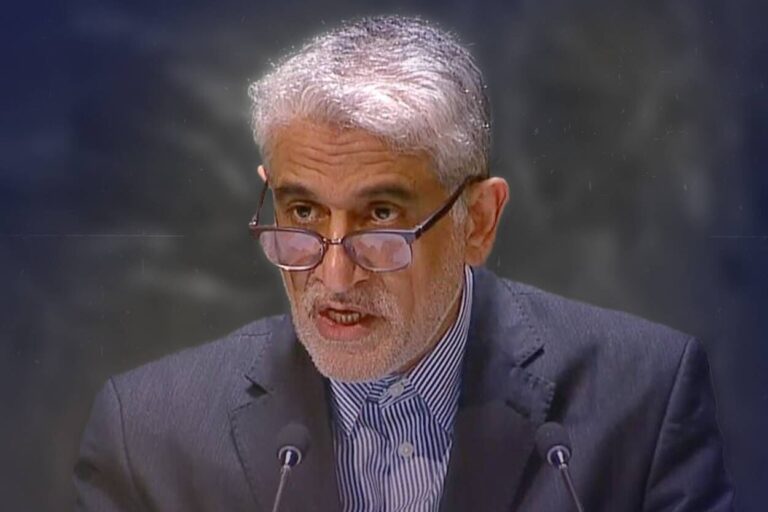
Iran’s UN Envoy Denounces France’s ‘Irresponsible’ Claims on Nuclear Program
Iran’s Ambassador to the UN, Amir Saeid Iravani, rejected claims by French Foreign Minister Jean-Noel Barrot that Iran is close to developing nuclear weapons, calling them unfounded and politically irresponsible. Iravani emphasized Iran’s commitment to its peaceful nuclear program and adherence to the Treaty on the Non-Proliferation of Nuclear Weapons. He criticized the U.S. withdrawal from the JCPOA and accused Barrot of using coercive tactics that violate UN principles. Iravani also highlighted France’s compromised non-proliferation credibility due to its nuclear arsenal modernization. He reiterated Iran’s dedication to diplomacy, stating that constructive engagement cannot thrive under threats.
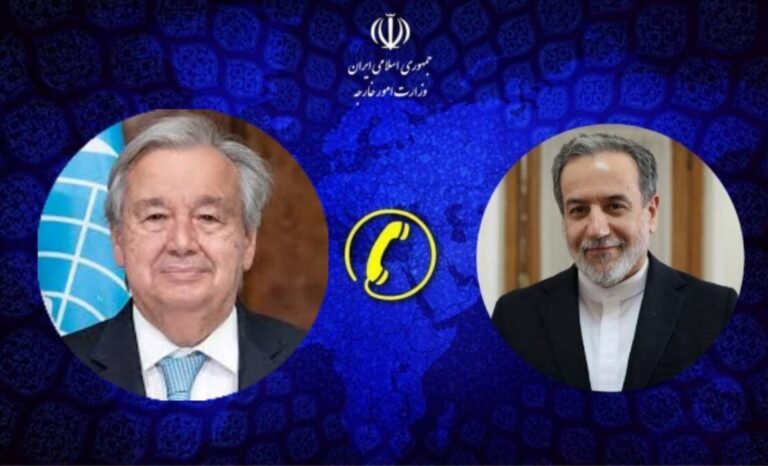
Tehran Calls on UN to Strongly Oppose Trump’s Controversial Gaza Plan
Iran’s Foreign Minister Abbas Araghchi has urgently called on the United Nations and its Security Council to oppose a recent U.S.-Israeli initiative that aims to forcibly relocate Palestinians from Gaza. In discussions with UN Secretary-General Antonio Guterres, Araghchi condemned the plan as a violation of international law and an act of ethnic cleansing. Guterres reaffirmed the UN’s rejection of any forced displacement of Palestinians. Araghchi also spoke with Malaysian Foreign Minister Mohamad Hasan, emphasizing the need for a united response from Islamic nations against the plan. These developments highlight escalating tensions and the critical need for international intervention in the Israeli-Palestinian conflict.
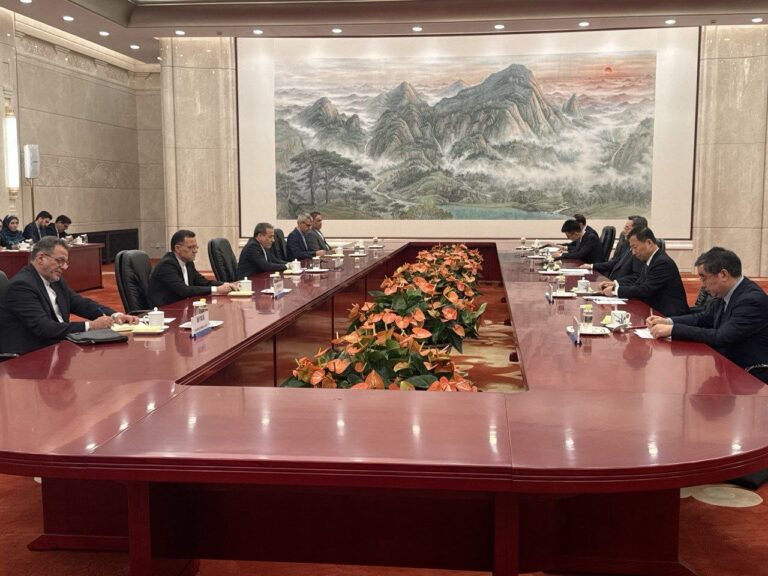
Iran and China Strengthen Strategic Alliance Through High-Level Diplomatic Talks
Iran’s Foreign Minister Seyed Abbas Araghchi visited Beijing, meeting with First Vice Premier Ding Xuexiang to discuss the Comprehensive Strategic Partnership. They reviewed Iran-China cooperation and strategies to implement a 25-year cooperation program. Araghchi emphasized China’s role as a strategic ally, advocating for increased bilateral and multilateral collaboration, particularly within the Shanghai Cooperation Organization and BRICS. He condemned the violence in Palestine and US actions in Yemen, urging international accountability. Xuexiang acknowledged the growth of Iran-China relations, highlighting mutual trust and shared interests, and expressed support for Iran’s nuclear negotiations. The meeting reinforced their commitment to a cooperative future.
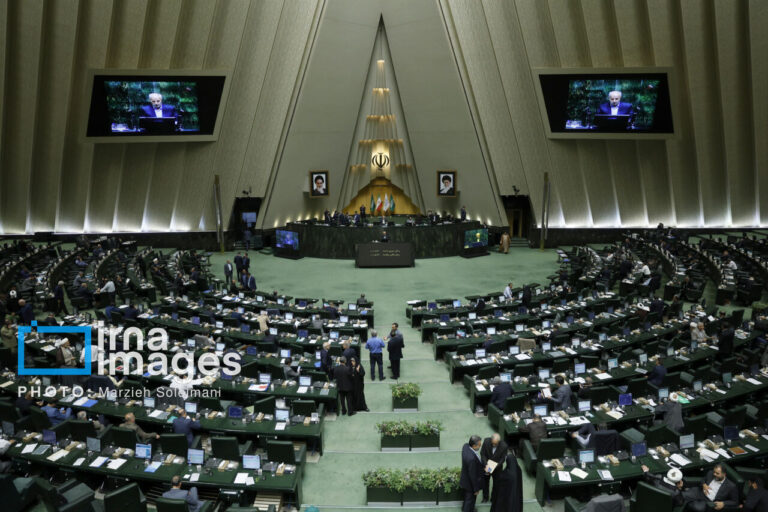
Iran Insists on Fair Deal in U.S. Nuclear Negotiations, Lawmakers Warn
Iranian lawmakers have reiterated their commitment to securing a fair deal regarding the country’s nuclear program, emphasizing the removal of U.S. sanctions as essential for any agreement. In a recent statement, they highlighted the need for negotiations to clarify U.S. intentions and uphold Iran’s rights under international treaties. The Strategic Action Plan to Counter Sanctions, enacted in 2020, will guide negotiators. Lawmakers condemned recent U.S. sanctions, particularly those affecting the energy sector, and expressed appreciation for Ayatollah Khamenei’s leadership. Ongoing discussions in Muscat, mediated by Oman, focus on Iran’s nuclear program and the lifting of sanctions following the U.S.’s withdrawal from the 2015 deal.
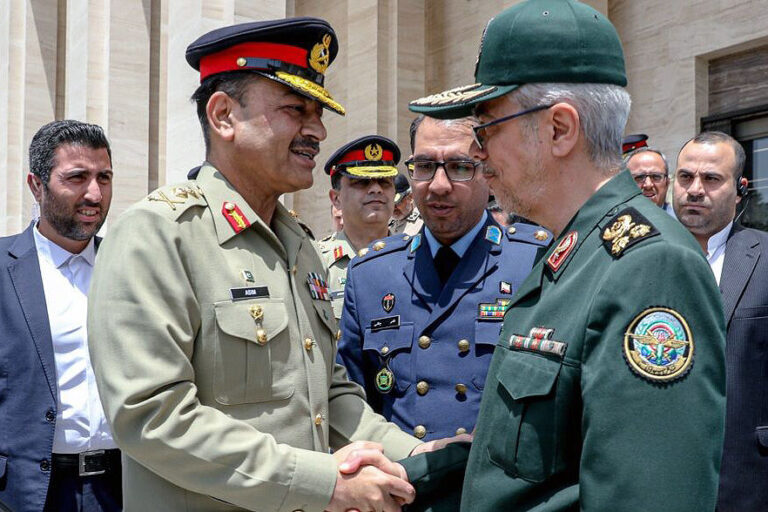
Iran and Pakistan Unite to Boost Border Security Cooperation: A Strategic Partnership
During an official visit to Pakistan, Iran’s Chief of Staff, Major General Mohammad Bagheri, and Pakistan’s Chief of Army Staff, General Syed Asim Munir, emphasized the need for increased cooperation to combat terrorism and enhance border security. They discussed support for Gaza, condemned aggression against Iran, and praised Pakistan’s counter-terrorism efforts. Both leaders agreed on the necessity of coordinated operations against terrorist threats and highlighted Iran’s initiatives to secure its borders. General Munir invited Iran to participate in upcoming naval exercises in Karachi, which Bagheri accepted, indicating a commitment to strengthen bilateral ties for regional safety and stability.